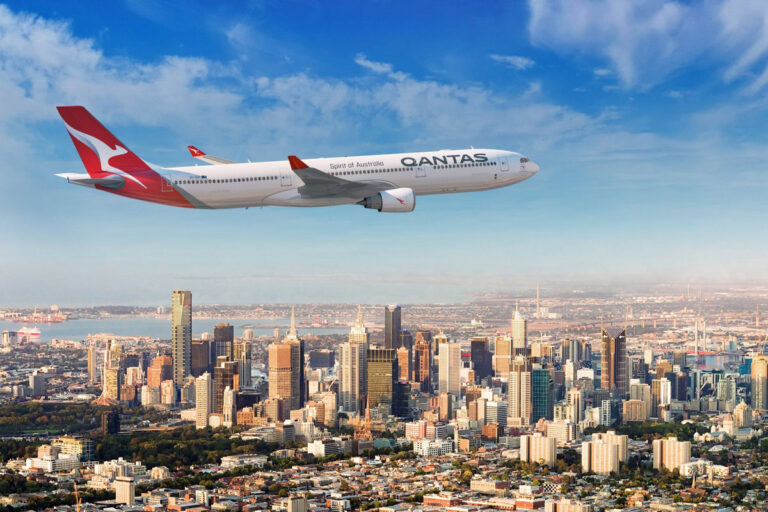
(Reuters) — Australia carried out its first repatriation flight from India after temporarily banning all travel from the COVID-ravaged country last month, the government said, with 80 passengers arriving in Darwin on Saturday from New Delhi.
Passengers had to show two negative COVID-19 tests before boarding the government-backed Qantas (QAN.AX) flight and were taken upon arrival to a converted mining camp in Howard Springs in the Northern Territory for a two-week quarantine.
The Australian government came under fire for temporarily barring all travel to and from India last month, a policy that drew heavy criticism from lawmakers, expatriates and the Indian diaspora.
A total of 70 passengers were barred from boarding the flight on Friday after they or their close contacts tested positive for the coronavirus.
“We are following the medical advice and ensuring that we protect Australians here and I’m pleased that that first flight has arrived, and obviously there will be more flights to come,” Treasurer Josh Frydenberg said in a televised briefing.
“It’s important to do the testing that we are doing right now, before people come on those planes to Australia. That’s the process we are following, and we will continue to follow.”
Two more Royal Australian Air Force repatriation flights to the Northern Territory are scheduled this month, with about 1,000 people planned to return by the end of June. About 9,000 Australians in India have registered with the federal government, requesting to return home.
The government aims to more than double the capacity of the quarantine facility in Howard Springs, 25 km (16 miles) southeast of the city of Darwin, so that it can cope with the arrival of 2,000 people every two weeks from June.
India has reported more than 300,000 infections a day over the past three weeks, overwhelming its health care system and leaving many without hospital beds, oxygen and adequate treatment.
By contrast, Australia has been one of the world’s most successful countries in curbing the pandemic, with snap lockdowns, border closures and swift contact-tracing. It has reported just under 29,950 coronavirus infections and 910 COVID-19 deaths since the pandemic started.






